A student's guide to living in Ottawa
Table of Contents
Introduction:
Population:
Ottawa is the capital city of Canada, located in the province of Ontario. It sits along the scenic Ottawa River, nestled between the cities of Montreal and Toronto. As the fourth largest city in Canada, it plays a central role in the country’s political, cultural, and historical landscape.
One of the key attractions in Ottawa is Parliament Hill, where the Canadian government operates. The iconic Centre Block and Peace Tower are architectural landmarks, and visitors can witness the Changing of the Guard ceremony, especially during the summer months. The city is also home to several important national museums, including the National Gallery of Canada, the Canadian Museum of History, and the Canadian War Museum.
Language and culture:
With a bilingual population, Ottawa has both English and French as official languages, reflecting its rich cultural diversity. The city is also known for its high quality of life, with an excellent healthcare system, great schools, and lots of green spaces.
Top educational institutions:
Ottawa is home to several top-tier educational institutions, offering a range of programs in various fields of study. Some of the most prominent include:
University of Ottawa
As one of Canada’s largest bilingual universities, the University of Ottawa (uOttawa) offers a wide range of undergraduate, graduate, and professional programs in both English and French. It is renowned for its research, particularly in health sciences, engineering, and social sciences.
Carleton University
Carleton is known for its strong programs in journalism, public affairs, engineering, and international affairs. It has a diverse student body and a strong commitment to innovation and research. The university is located along the Rideau River and provides a beautiful campus setting. Award-winning journalism school, strong ties to government and policy sectors, and excellent facilities for students in engineering and technology.
Algonquin College
Algonquin College is one of the largest colleges in Ontario and offers a wide range of programs, including diplomas, certificates, and degree programs in areas like business, healthcare, technology, and media. It’s well-regarded for its hands-on, practical approach to education.
Saint Paul University
Saint Paul University offers graduate and undergraduate programs with a focus on social justice, theology, and the humanities. It is known for its strong emphasis on ethics, community engagement, and preparing students for careers in social services and counseling.
Dominican University College
This small but prestigious institution offers undergraduate and graduate programs in philosophy, theology, and the humanities. It has a unique focus on Catholic intellectual traditions and is known for its personalized academic environment.
The Ottawa School of Art
This institution offers diploma programs, workshops, and continuing education in fine arts, design, and digital media. It’s a great option for those seeking an artistic education in a dynamic, creative environment.
Workplace flexibility:
Flexible work hours are becoming more common. In addition to remote work options, some companies offer staggered work schedules, compressed work weeks (e.g., working four 10-hour days instead of five 8-hour days), or adjustable hours to help employees balance work and personal life.
Economic situation:
Ottawa’s economy has remained relatively strong, especially considering its status as the capital of Canada.
1. Public Sector:
As Canada’s capital, Ottawa has a heavy presence of federal government offices and agencies. This sector provides stability to the local economy, with thousands of employees working in a range of departments. Government spending also drives a significant portion of the region’s GDP.
2. Technology:
Ottawa is one of Canada’s tech hubs, with a robust information technology (IT) and communications sector. Companies like Shopify, Mitel, and several startups have made Ottawa a thriving center for technology innovation. The tech sector has been a key driver of Ottawa’s economic growth, and it continues to expand, particularly in software development, telecommunications, and AI.
3. Research and Development:
Ottawa is home to several research institutions and universities (like the University of Ottawa and Carleton University). These institutions foster innovation in various fields such as health, engineering, and environmental studies, contributing to the city’s economic diversity.
4. Cost of Living:
Ottawa’s cost of living is relatively moderate compared to other major Canadian cities like Toronto or Vancouver, but it has been rising steadily. Housing affordability, particularly for first-time buyers, can be challenging. The rental market is also competitive, especially in areas close to downtown.
Life as an international student:
Life as an international student in Ottawa can be a unique and enriching experience. Ottawa, as Canada’s capital, offers a mix of academic rigor, cultural diversity, and natural beauty, making it an attractive destination for students from around the world.
Conclusion:
In conclusion, Ottawa is a dynamic and welcoming city for international students. With its mix of academic excellence, cultural diversity, and natural beauty, it offers a balanced lifestyle that can be both exciting and enriching. The city provides a range of housing options, from on-campus residences to shared apartments and more private accommodations, catering to different budgets and preferences.

